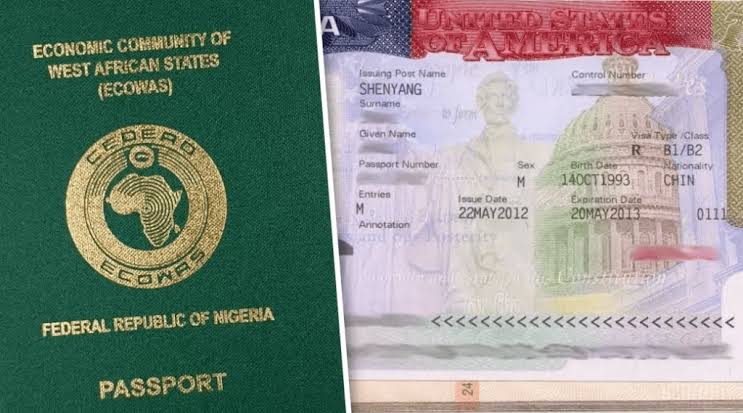
Samuel Omang
The United States government is considering imposing targeted sanctions on certain Nigerian political and religious officials over allegations of religious persecution and attacks on Christian communities in parts of the country.
The development follows the introduction of the Nigeria Religious Freedom Accountability Act of 2025 in the U.S. Congress by Senator Ted Cruz. If passed, the legislation will authorise visa bans, asset freezes and other financial penalties against individuals found to have supported or failed to prevent religiously-motivated violence. The move comes after U.S. President Donald Trump designated Nigeria as a “Country of Particular Concern” for alleged religious freedom violations and directed Secretary of State Marco Rubio to immediately begin actions associated with the designation.
President Trump accused the Nigerian government of not doing enough to protect Christians, warning that the United States might consider stronger measures, including military intervention, if the situation does not improve. In a public statement, he described the alleged persecution as an “existential threat” and declared that the U.S. could go into Nigeria “guns-a-blazing” if necessary. U.S. Secretary of War Pete Hegseth also stated that Washington was prepared to take action should Nigerian authorities fail to safeguard Christian communities.
The congressional bill raises concerns about the application of Sharia-based criminal law in 12 northern states, arguing that such legal frameworks may contribute to violations of religious freedom. It references high-profile blasphemy-related incidents, including the 2022 killing of university student Deborah Samuel in Sokoto. The Nigerian government has firmly rejected claims of state-sponsored religious persecution, stressing that the constitution guarantees freedom of worship for all citizens. Government officials explained that Sharia criminal law applies only to Muslims and operates within constitutional boundaries. They also maintained that violent incidents across parts of the country are largely linked to terrorism, banditry, resource conflict and other criminal activity, not religious discrimination sanctioned by the state.
The Presidency has confirmed that President Bola Tinubu will meet with President Trump to clarify Nigeria’s position and discuss security cooperation. Presidential aide Daniel Bwala noted that both leaders share a commitment to fighting terrorism and emphasised that Nigerian security agencies are working to protect citizens of all faiths. Media adviser Bayo Onanuga added that President Tinubu has already directed security agencies to intensify operations nationwide.
Former Kano State governor Rabiu Musa Kwankwaso appealed to the United States to support Nigeria with improved intelligence and counter-terrorism technology rather than impose sanctions. He warned that punitive measures could strain diplomatic ties and undermine joint security operations between both countries. Security analysts have also cautioned that sanctions could affect American military assistance, development programmes, investment flows and humanitarian support.
The bill remains under consideration in the U.S. Congress. Nigeria has pledged to continue diplomatic engagement as discussions progress and maintains that it is committed to upholding religious freedom and strengthening security across the country.
